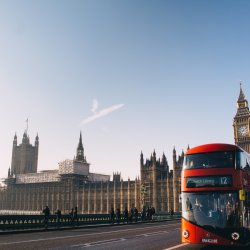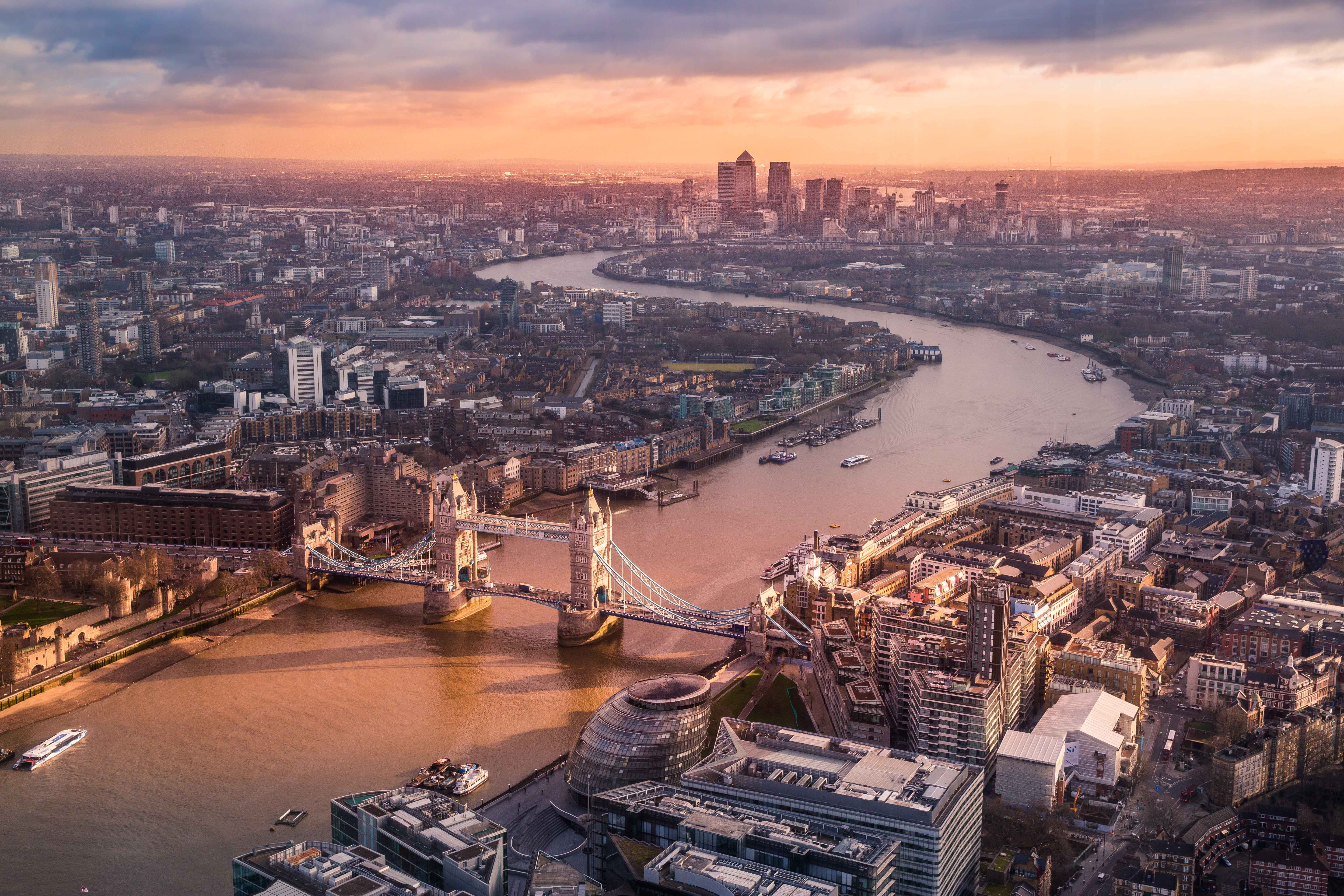
I don’t care about politics. I’m not interested in politics. Those politicians – they’re all the same. They haven’t a clue about what’s going on out here in the real world. Politics does nothing for me. Why should I give them my vote? They don’t care about me.
I have heard these sort of statements regularly over the last ten years. In fact, I have some sympathy for this view. Given what we pick up about politics from the media, I don't blame people. But when somebody says “I don’t care about politics”, I have to ask the question in return, “But do you care about your neighbourhood?”. To be honest, if your answer to that question is no, then you are probably holding the wrong article in your hand. I won’t have the space here to convince you that your neighbours or your neighbourhood may be worth caring about. Grab your remote control, lie back on the sofa and enjoy your life. But if your answer to that question is “Yes”, then let me put it to you that you do care about politics. You perhaps just don’t know it yet.
Jesus said, “Love your neighbour as yourself”. So we need to love others in the way that we love ourselves. But how do we love ourselves? We love ourselves by a huge variety of mental, physical and spiritual attitudes and practices that keep the show of life on the road. We feed ourselves. We buy clothes for ourselves. We communicate with others. We establish our official place in society through things like NHS and national insurance numbers. We find jobs and somewhere to live. We organise diaries. We find love. We connect with God. It is worth stopping to remember that for some amongst us even these basic things may not be true.
Loving our neighbour ‘as ourselves’ must, therefore, mean caring about all these aspects of other peoples’ lives too. It doesn’t get much more complicated than that. Our efforts to ‘sort our lives out’ are not solely ‘spiritual’, so why should we shrink our efforts for others to that arena? I genuinely used to hear church leaders say, “The government is there to cover the practical. I’ll just cover the spiritual.” This dualistic theology has sadly had a long-term impact on our thinking. Happily, things are changing, but the legacy still lurks. It led the church to build a separate sub-culture, leaving ‘politics to the politicians’ as if they were a different breed of human, limiting our influence on society. The church’s voice seemed to be based on old privilege rather than our present engagement. We regret that now!
You simply cannot divorce the personal from the social, economic, cultural and political environments within which we live and move and have our being. They have a huge influence on us, and to address personal needs without addressing the context in which a life sits makes little sense and can actually lead to a lot of frustration.
There was a 78 year old lady on our block called Marie. The life she lived is replicated all over the UK. Visualise an elderly person who you know well and ask yourself these questions, inserting your friend’s name.
Do you care that Marie’s bins are collected? Do you care that her local hospital is well supplied with the drugs she needs? Do you care that her bedroom is damp? Do you care that a GP can see her in her home? Do you care that she is safe from the scam artists who would attempt to snatch her hard-fought-for savings? Do you care about her noisy neighbours? Do you care about her ability to use public transport?
If you care about even one of these things, you care about politics. You care about politics because you care about people.
Mick Duncan from Urban Neighbours of Hope, who lived for 12 years in a slum in Manila with his family, explains it like this. He spoke about one of his neighbours for whom simply being a friend meant being involved in her life on many levels. She was in extreme poverty, so there were times when he simply needed to share meals with her, or give gifts of cash and items that would help her survive. He was fighting on a practical front. She was also heavily involved in some of the occult practices that ensnare many in the Philippines, so Mick had to fight on a spiritual front. There was much prayer and deliverance. The land on which they lived was not acknowledged as ‘real’ by the government, so she was not an official citizen, with all the benefits like healthcare and education, which that would bring. It also meant that the area did not receive proper sanitation or refuse systems. So Mick had to fight for her on a political front for the land and for all of her neighbours to be recognised. The point must be made in the midst of all of this that she was also blessing him, and he was learning huge amounts from her. But you can see that to focus on any one of these areas to the detriment of the other would avoid being the neighbour that she needed.
Christians in Politics exists to help people like you find their way into politics. We run events, training courses and prayer gatherings and provide resources to help people do so.
If you think you’d like to find out more and have a nosey around Parliament in the midst of the Brexit debates, please come to our event created especially for students - The Next Step on Monday 21st January 2019. You’ll hear from Christians who are already in parliament about the joys and challenges of their role and maybe, just maybe you’ll get connected to some other people who will help you on your journey of trying to love your neighbour as yourself.
More details can be found here or on facebook.






